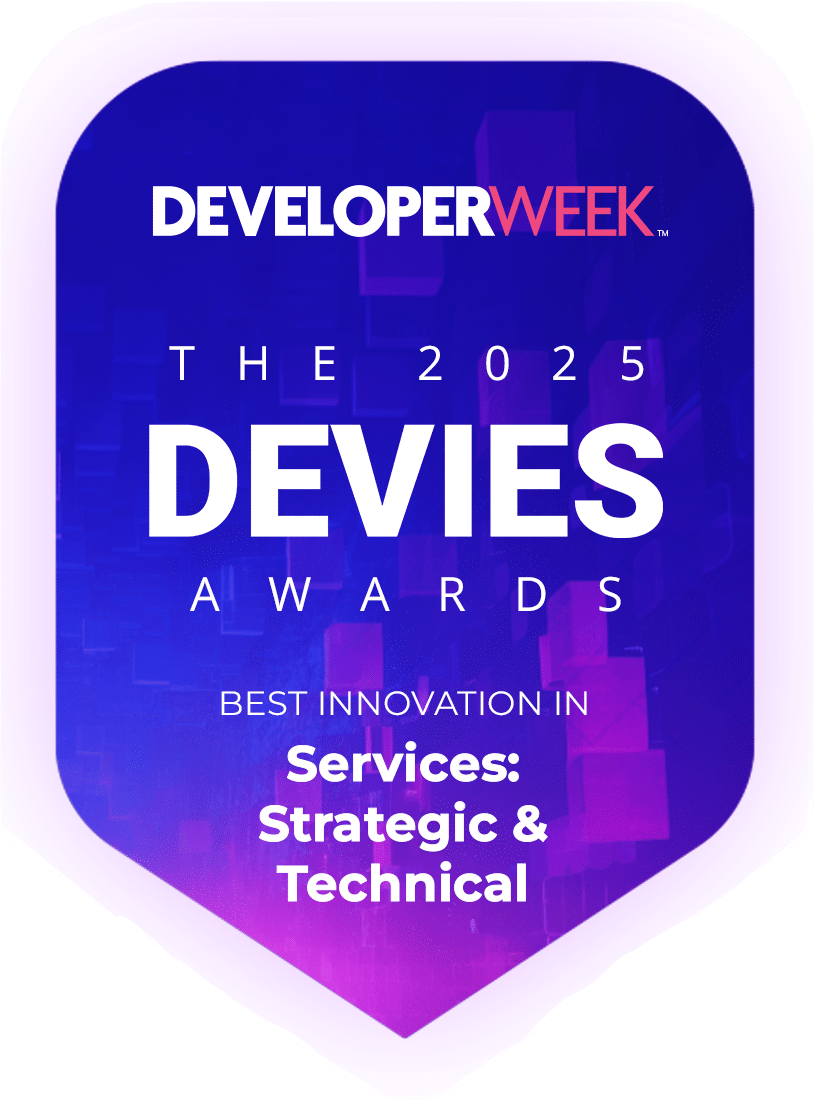Salesforce Health Cloud has far-reaching use cases across healthcare and life science organizations.
Thanks to the flexibility of the Salesforce platform, healthcare industry organizations and their implementation partners continually uncover new use cases that improve business operations—enhancing experiences and better serving patients.

Below, we have cataloged just a few representative Salesforce Health Cloud use cases, though many others exist. Some use cases are across industries, while others are unique to one customer.
We have also included several real-world examples in which organizations have realized specific benefits for their business and the patients they serve.
1. Appointment Management
With the complexity of today’s healthcare systems, efficiently managing appointments and thereby reducing revenue leakage is not always an easy proposition.
Intelligent appointment management means a better scheduling experience for patients.
Workflows can be configured to determine which appointment types can be self-scheduled and which require patient-to-provider interaction. Scheduling systems and EMRs that coordinate scheduling tasks with patient outreach and follow-up can be integrated for a more coordinated care experience.
2. Physician Network Development
Healthcare groups use Salesforce to capture more referrals from existing referring physicians and recruit new referring physicians.
The Arizona Center for Cancer Care (AZCCC), a multi-specialty oncology group, uses Salesforce for precisely this purpose. As a result, AZCCC saw a 15% increase out of the gate in provider referrals.
3. MedTech Field Service & Asset Tracking
Salesforce Health Cloud and Salesforce Field Service give medical device companies with field service teams more efficient ways to service equipment, keep track of parts, and update each customer’s field inventory in a centralized customer view.
Device-generated QR Codes can relay device inventory via an FSE’s mobile app to a centralized repository of customer information within Salesforce for all Salesforce users to see.
4. Intelligent Sales for MedTech
Salesforce originated as a Sales Force Automation (SFA) tool and continues its dominance as a platform for enterprise sales teams across many industries.
Gynesonics, a medical device company, uses Salesforce automation and qualification criteria to identify physicians to focus on. In addition, Salesforce users can track individual physician training history for the company’s Sonata System device.
Cardiofocus, another medical device company, was able to realize several sales benefits. These included five times as many surgical cases logged and a 50% increase in closed opportunities.
5. Benefits Verification
Benefits verification is an area of healthcare known to create information bottlenecks.
Health Cloud allows users to verify benefits while seamlessly viewing a patient’s on-screen record. In addition, users can check the benefits for medical services, pharmacy, and medical equipment to ensure patients have the necessary coverage before their visit or service.
Using Chatter and sharing eligibility information within the patient account allows case managers, contact center agents, and care team members to quickly move through benefits verification, removing access barriers and creating better patient experiences.
Forward-thinking organizations can take Health Cloud integrations to the next level by connecting Health Cloud to third-party benefits and eligibility services and automating tasks and milestones in the eligibility process. These types of integrations are at the forefront of streamlining the verification process.
6. Intelligent Case Routing
Salesforce Omni-Channel is a workflow function that can streamline patient aftercare and reduce operating costs. Once a patient has left a facility, it’s essential to have a system that efficiently manages inbound patient requests.
No matter what channel a patient uses (phone, email, web form, chat, etc.), the inbound routing system can match a patient’s request with the right clinical or non-clinical person. When necessary, users can escalate non-clinical requests to a clinical level.
STAT cases receive special treatment. Users can take action on these cases within a 30-minute (or less) window.
7. Referral Intake Processing
Organizations providing health services at home depend on efficient referral and intake processes to capture new clients and deliver seamless care.
Standalone systems used for referral management lack the integration and automation to realize the true benefit of an automated referral management system. Healthcare organizations use Salesforce Health Cloud for standardization, automation, and reduction of manual data entry from the initial referral creation through patient care management to patient discharge.
8. Prior Authorization
PRIA, a healthcare services company, uses Salesforce Health Cloud and Salesforce Experience Cloud to obtain prior authorizations for their emerging MedTech customers.
If a provider has a patient that requires a procedure with an unapproved device, the provider reaches out to PRIA via the medical device company. PRIA then works with payers to obtain authorization.
This functionality gives patients more access to innovative care.
9. Managing Health Network Relationships
Hospitals and health systems often need to track interrelationships among healthcare groups, locations, and providers within external health networks.
Salesforce allows for setting up a multi-level hierarchy that reflects the operational structure of a health network. The data fields that a user sees on a screen can vary based on the type of facility or the role of a provider.
A well-structured relationship management system removes data entry and captures more accurate information.
10. COVID-19 Screening
In 2020, Salesforce came up with a quick pandemic response—a free Health Cloud offering that allowed healthcare organizations to support their emergency response teams, call centers, and care management teams.
J2’s implementation of Salesforce’s Health Cloud solution eliminated a manual documentation process at Frederick Health, a comprehensive healthcare provider. Instead, care teams could triage patients with a simple Health Cloud app accessible from any laptop or phone.
The system automatically determined whether patients should be directed to the testing area or sent home based on their symptoms and status. Once the assessment was complete, the app user could transfer the results to the hospital’s EMR.
While Salesforce Health Cloud comes with a standard set of features and functionality, implementation teams can platform to just about any use case that a hospital or health system needs to address.
Learn about J2 Interactive’s Health Cloud services



